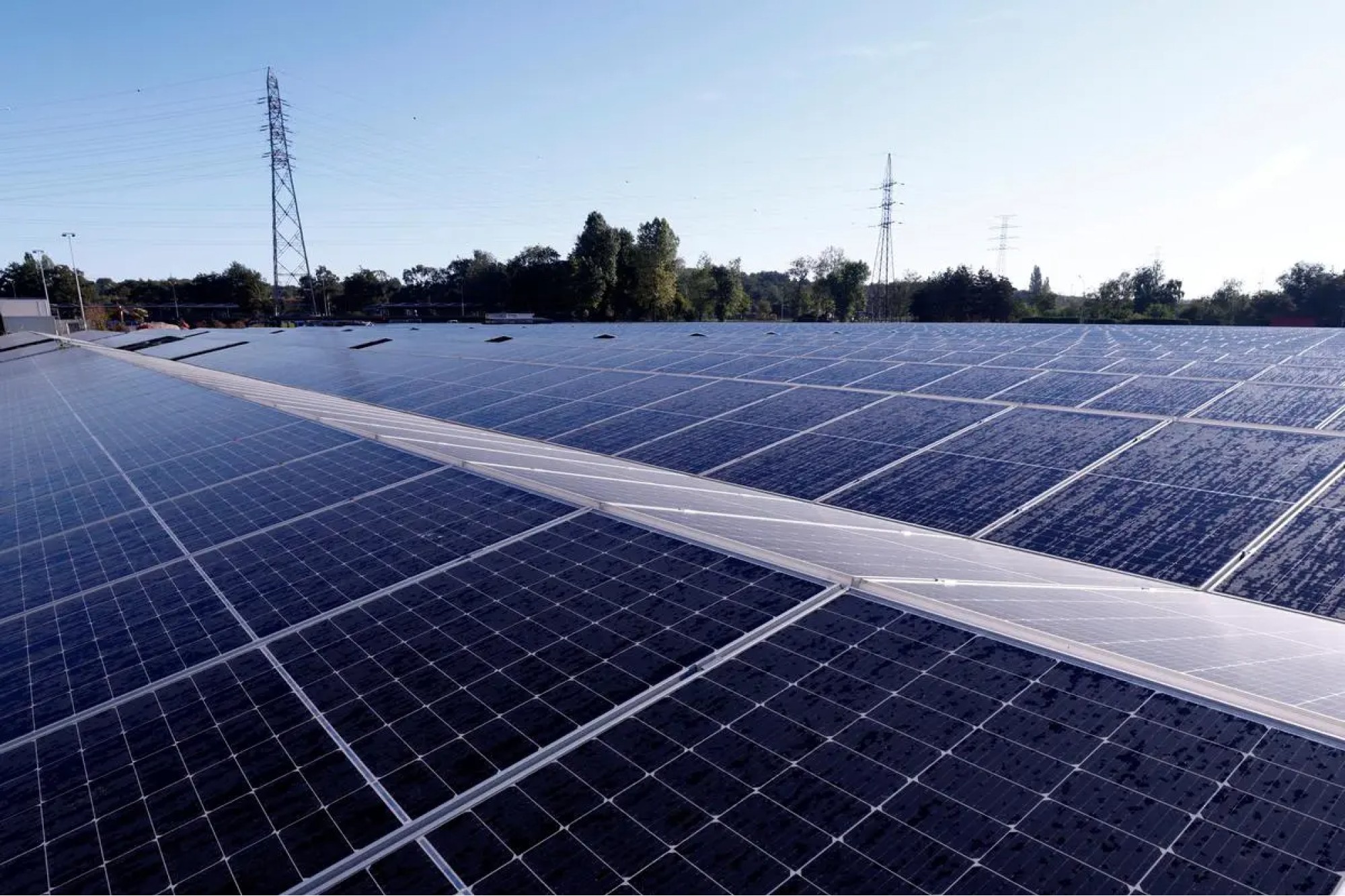Havells announces investment of ₹600 cr in Goldi Solar
By Staff Report April 29, 2025 2:15 pm IST
By Staff Report April 29, 2025 2:15 pm IST

Renewable energy capacity is projected to grow at a CAGR of 16 percent till 2030, reaching approximately 500GW. Out of the 500GW, 300GW is anticipated to come from solar energy sources.
Havells India Limited announced the signing of a binding term sheet to invest INR 600 crore in Goldi Solar Private Limited (Goldi). This investment is part of proposed fund raise by Goldi of upto INR 1,300 crore which is expected to be completed within next 75 days.
This strategic investment marks a significant step in Havells vision to play a larger role in India’s energy transition journey and further strengthens its commitment towards sustainable growth.
Strengthening Presence in the Renewable and Solar sector
Havells has been evaluating multiple possible ways to participate in this mega trend through solutions for energy generation, storage, distribution and consumption etc. Energy transition is an adjacency to Havells’ existing portfolio.Renewable energy capacity is projected to grow at a CAGR of 16 percent till 2030, reaching approximately 500GW, (64 percent of total energy capacity). Out of the 500GW, ~300GW is anticipated to come from solar energy sources. India solar sector is at an inflection point supported by various government initiatives and favourable unit economics across value chain. Solar energy generation project represents multi-billion-dollar opportunity over next 5 years.
Havells strategic rationale behind the Investment
Havells has been contributing to the Solar eco-system through its offerings including inverters, modules, solar cables and DC switchgears. Havells has stronger brand led play in residential rooftop and commercial and industrial (C&I) segment. The increasing domestic reliance on modules through policy measures required Havells to either establish own manufacturing or strategically partner with module manufacturer(s). Post detailed evaluation of multiple considerations, the Executive Committee of the Board favoured a relatively de-risked approach of partnering with a large module manufacturer (with planned backward integration in domestic cells) to participate in the large opportunity set through consistent sourcing arrangement.
We use cookies to personalize your experience. By continuing to visit this website you agree to our Terms & Conditions, Privacy Policy and Cookie Policy.